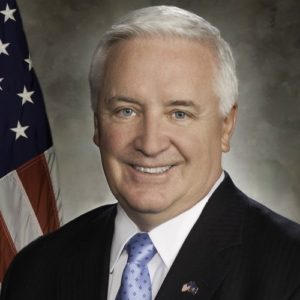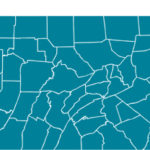Governors Will Give In On Medicaid Expansion, Experts Predict
Lured by billions of dollars in federal money, governors resisting the Affordable Care Act’s Medicaid expansion option will eventually give in and expand their states’ Medicaid programs as provided for in the 2010 health care reform law.
Or so predict several experts who participated in a recent health policy forum in Washington, D.C.
Some may not do so right away, the experts warned, but the financial benefits of expanding their Medicaid programs and capturing billions in federal Medicaid matching money will eventually become too much to resist.
Pennsylvania is among many states still not committed to Medicaid expansion. In recent public statements, Governor Tom Corbett has suggested that the state cannot afford to spend the additional money expansion would require.
Read more about the policy forum and the experts’ predictions in this Politico article .
.







